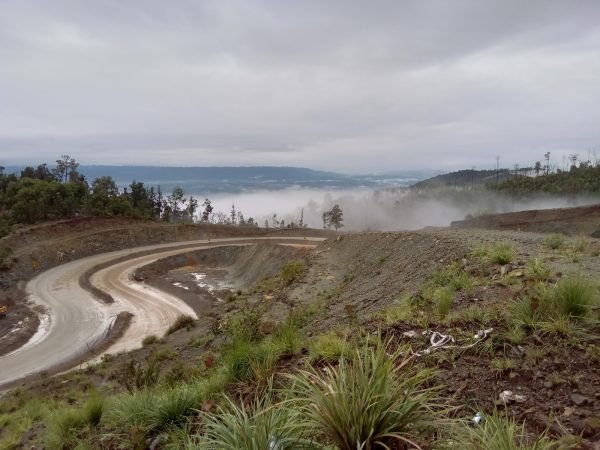On June 24, two major multinational mining and mineral processing companies, France’s Eramet and Germany’s BASF, announced they were abandoning plans for a $2.6 billion nickel and cobalt smelter at the Indonesian Weda Bay Industrial Park (IWIP) in North Maluku.
While the companies cited commercial reasons, it would be shortsighted for the Indonesian government to ignore other concerns. Indirectly referring to human rights and environmental concerns about IWIP’s nickel processing operations, a BASF spokesman said the company needs a “safe, responsible and sustainable supply of critical raw materials.” Implicit in the companies’ statements is their concern that new investments in IWIP pose increased reputational risks.
The announcement will be welcomed by communities near IWIP, whose human rights and the environment are threatened by the growing nickel industry. In January, Climate Rights International released a 124-page report, “Digged Nickel: The Human and Climate Costs of Indonesia’s Nickel Industry,” finding that the gigantic multi-billion-dollar IWIP industrial park in North Maluku and nearby nickel mining are violating the rights of local communities, including indigenous peoples, causing severe deforestation, air and water pollution, and releasing huge amounts of greenhouse gases from captive coal-fired power plants that exacerbate global warming and the climate crisis around the world. Indonesia is the world’s largest supplier of nickel, and demand for this “critical mineral” has soared in recent years due to its increasing use in electric vehicle batteries.
In 2020, BASF and Eramet announced plans to build a nickel and cobalt smelting facility called Sonic Bay at IWIP. The project would produce 67,000 tonnes of nickel and 7,500 tonnes of cobalt per year using high-pressure acid leaching (HPAL) technology, which uses high temperatures and chemicals to extract nickel from laterite ore.
The Sonic Bay project was to source its nickel ore from PT Weda Bay Nickel, one of India’s largest nickel mines in which Eramet has a minority stake, according to a statement filed by Eramet to Climate Rights International in December 2023. The plant was also to rely on IWIP’s captive coal-fired power plant or diesel generators for most of the plant’s energy needs until solar panels can be installed on the dry tailings stacks, about five years after the project is operational.
Climate Rights International urged Eramet and BASF to wait to make a final investment decision on the Sonic Bay project until all land disputes between IWIP and local communities at the proposed project site are resolved and community members have received full and fair compensation for their land. It also called on the companies to establish their own waste management system to neutralize acid waste and effectively reduce air and water pollution that is already affecting the health of local residents, so that waste from the proposed plant does not add to the massive pollution already caused by IWIP.
While the cancellation of the Sonic Bay project may reduce pollution to local communities, the Indonesian government should do more to minimize the impacts of nickel mining and smelting on residents living near IWIP and other nickel industrial estates.
“The Indonesian government should urge IWIP’s three major shareholders – Chinese companies Tsingshan Holding Group, Huayou Cobalt and Zhenshi Holding Group – to conduct serious investigations to fully identify the harm caused by their operations, mediate in good faith with affected communities, pay compensation, and end harmful practices. The government should also strengthen laws and regulations to minimize the impacts of nickel mining and smelting, including on indigenous communities.
The cancellation of the Sonic Bay project is an opportunity for the Indonesian government, IWIP companies and the entire Indonesian nickel industry to demonstrate that they can do two things that are not necessarily contradictory: securing the minerals needed for the energy transition. and Protect human rights and the environment.

